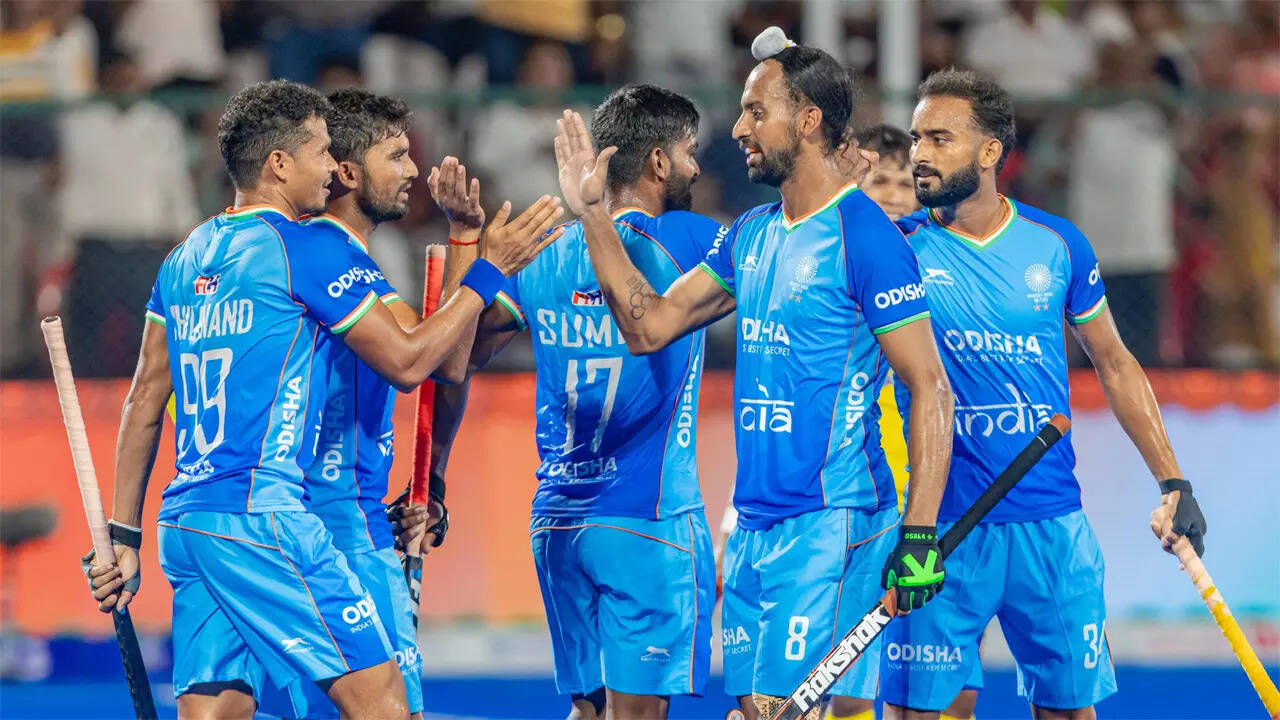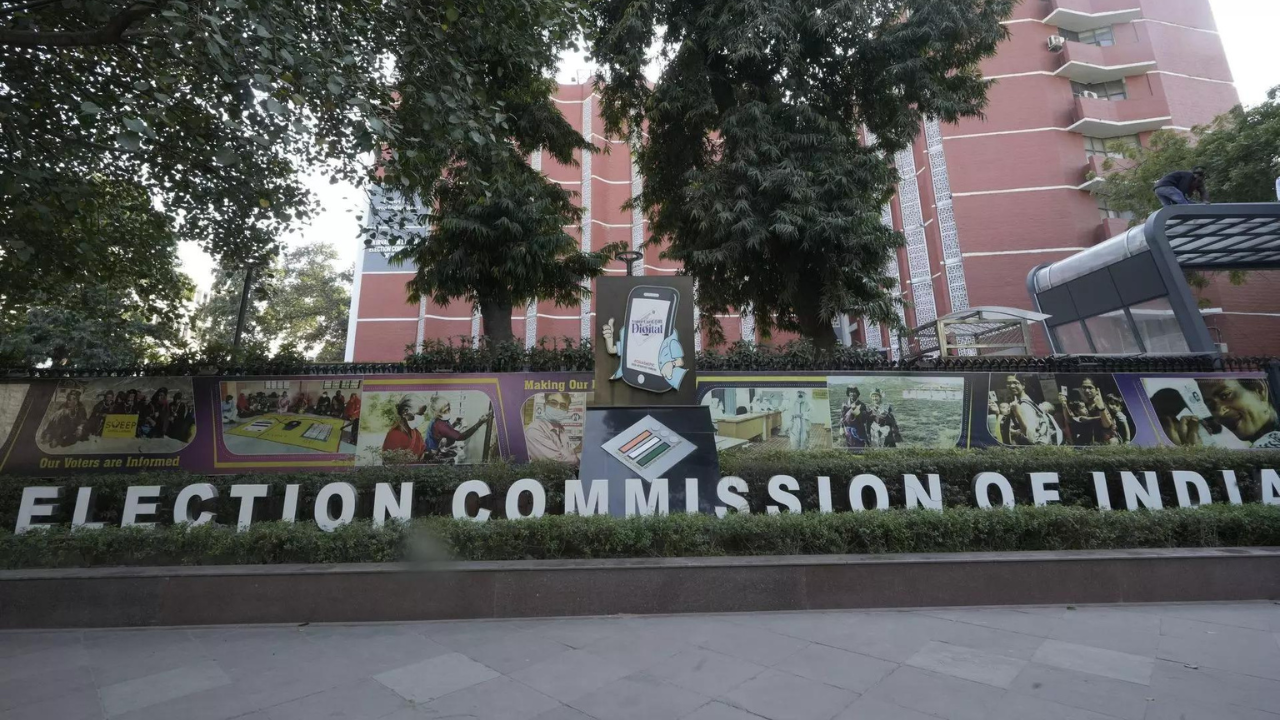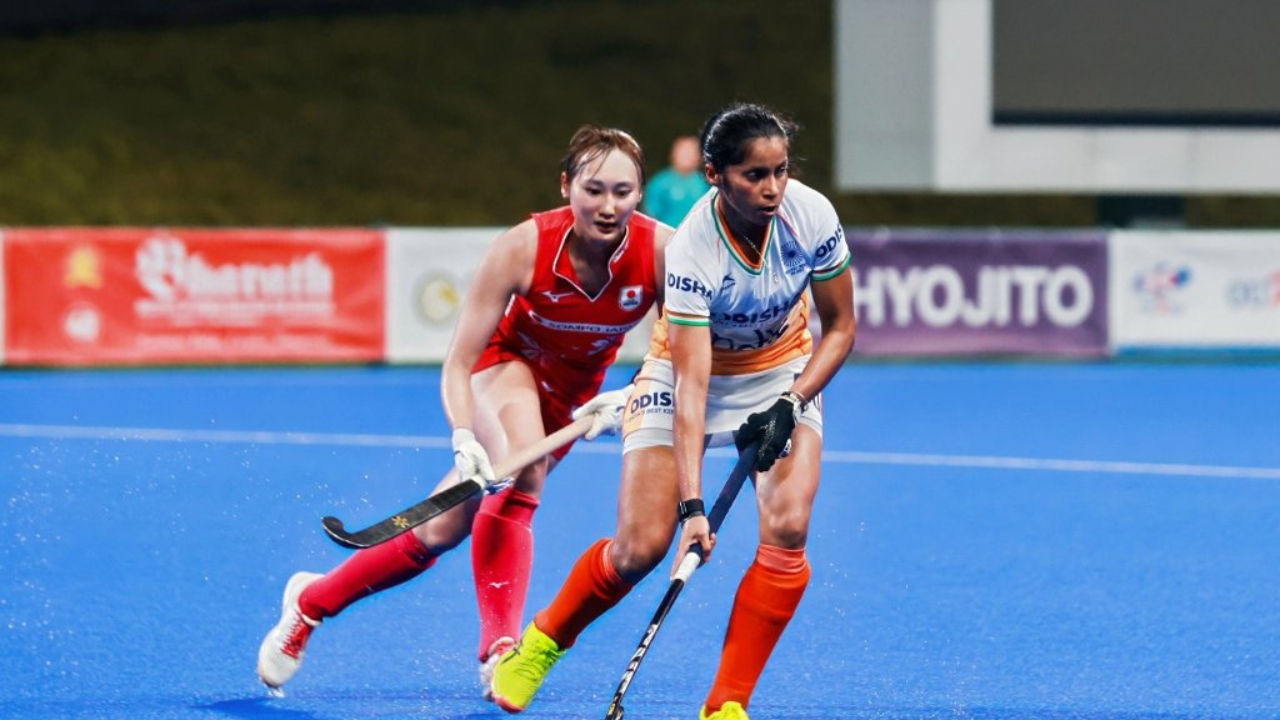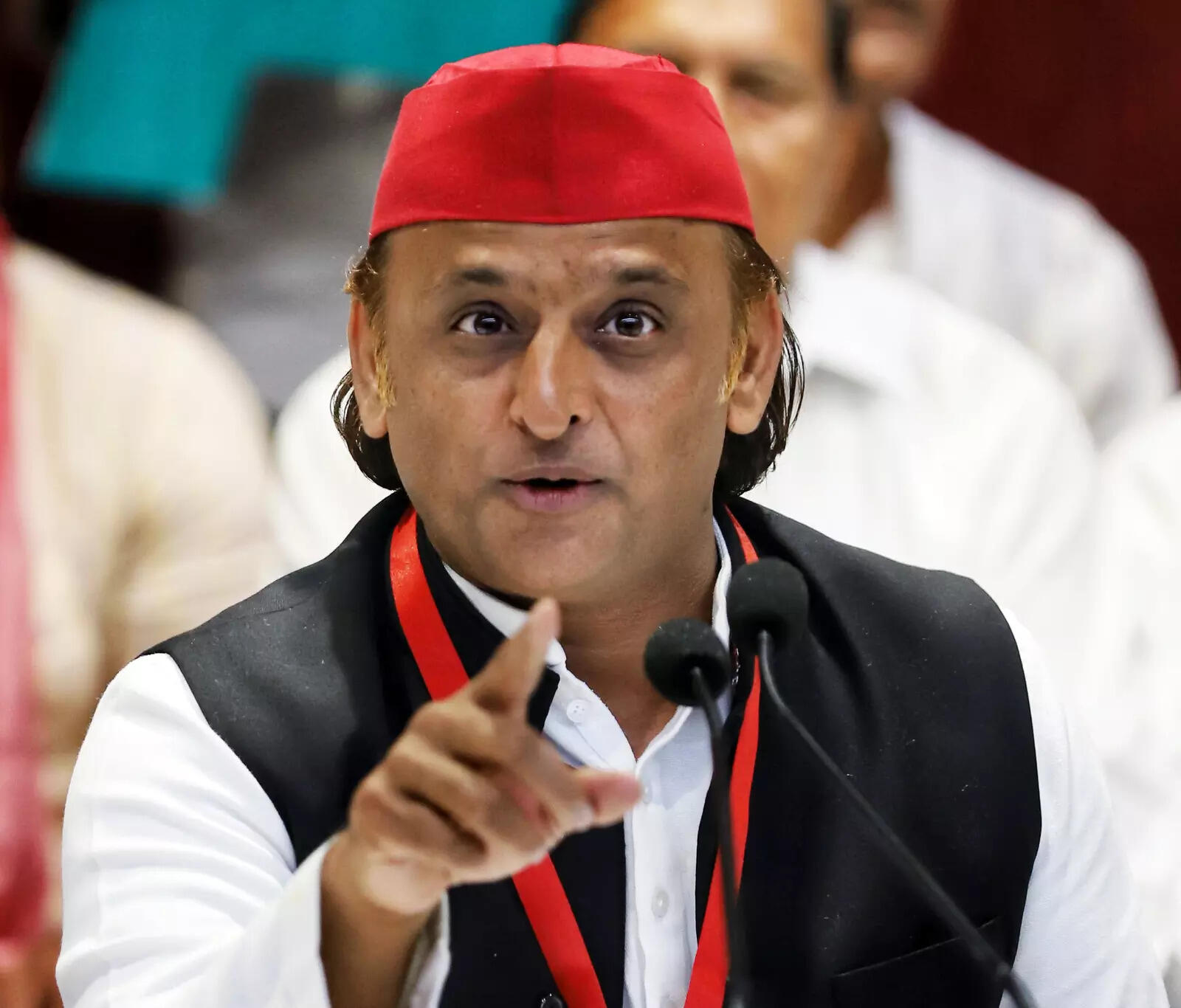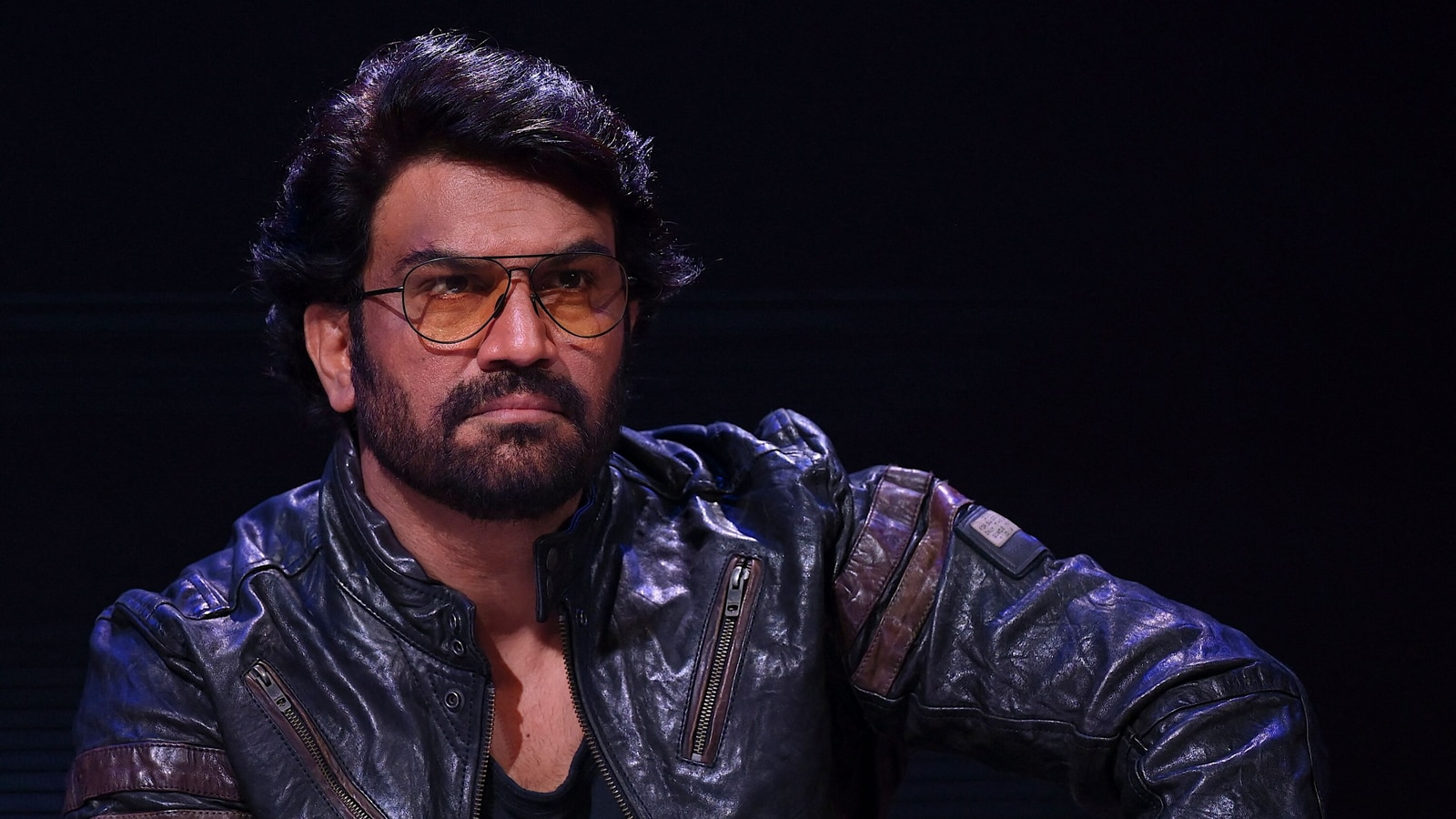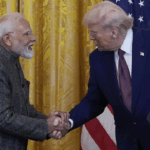Sharad Kelkar has worked across television, films, and OTT, but the actor insists his journey has been anything but smooth. “My journey has not been a bed of roses. It has come with its own set of challenges. Having worked for nearly two decades now, I have managed to carve a niche for myself,” he says, reflecting on the highs and lows that shaped him.

After nearly eight years away from television, the 48-year-old returned to the medium with a renewed perspective. But it’s OTT that he credits for redefining his career, as he says, “I’ve been lucky with the roles I’ve received on OTT. While people have their way of looking at the growth of OTT, for me it’s been a gradual rise. I know what I am comfortable doing. If something doesn’t align with who I am, I won’t do it, no matter how big the platform.” Coming from a small town like Burhanpur, Sharad acknowledges the freedom OTT has given him to experiment and reinvent.
Coming from a small town like Burhanpur, Kelkar has found OTT liberating, a space where he can take risks and experiment freely. With projects like Shrikanth (2024), Doctors (2024), and The Family Man behind him, he believes the medium has opened doors to stories that might never have found space on the big screen. “It’s given us the chance to explore characters that may not have been written for the big screen. The beauty of OTT is that it allows you to take risks, and audiences are more open to layered, unconventional storytelling,” says Sharad, adding, “OTT is not without its own pressures. There’s a lot of competition, and content is constantly being churned out. To stand out, you have to make sure every role you pick is meaningful, because the audience today is very sharp — they won’t accept mediocrity.”
Calling OTT a game-changer, Sharad points out how actors are now open to exploring more than ever before. “OTT has given actors a second life. People are rediscovering older shows or films, and suddenly you have a new audience watching you, connecting with your work in a different way,” he expresses, while he cautions that the boom comes with its challenges.
“The flip side of OTT is saturation. There’s so much content that actors can get lost. I feel it’s important to choose wisely. Sometimes saying no is as important as saying yes. Every phase has taught me something. Success, failure, television, films, or OTT, it’s all been a process of growth. That’s what keeps me going,” he signs off.




